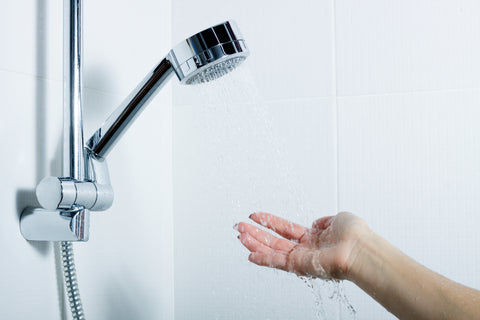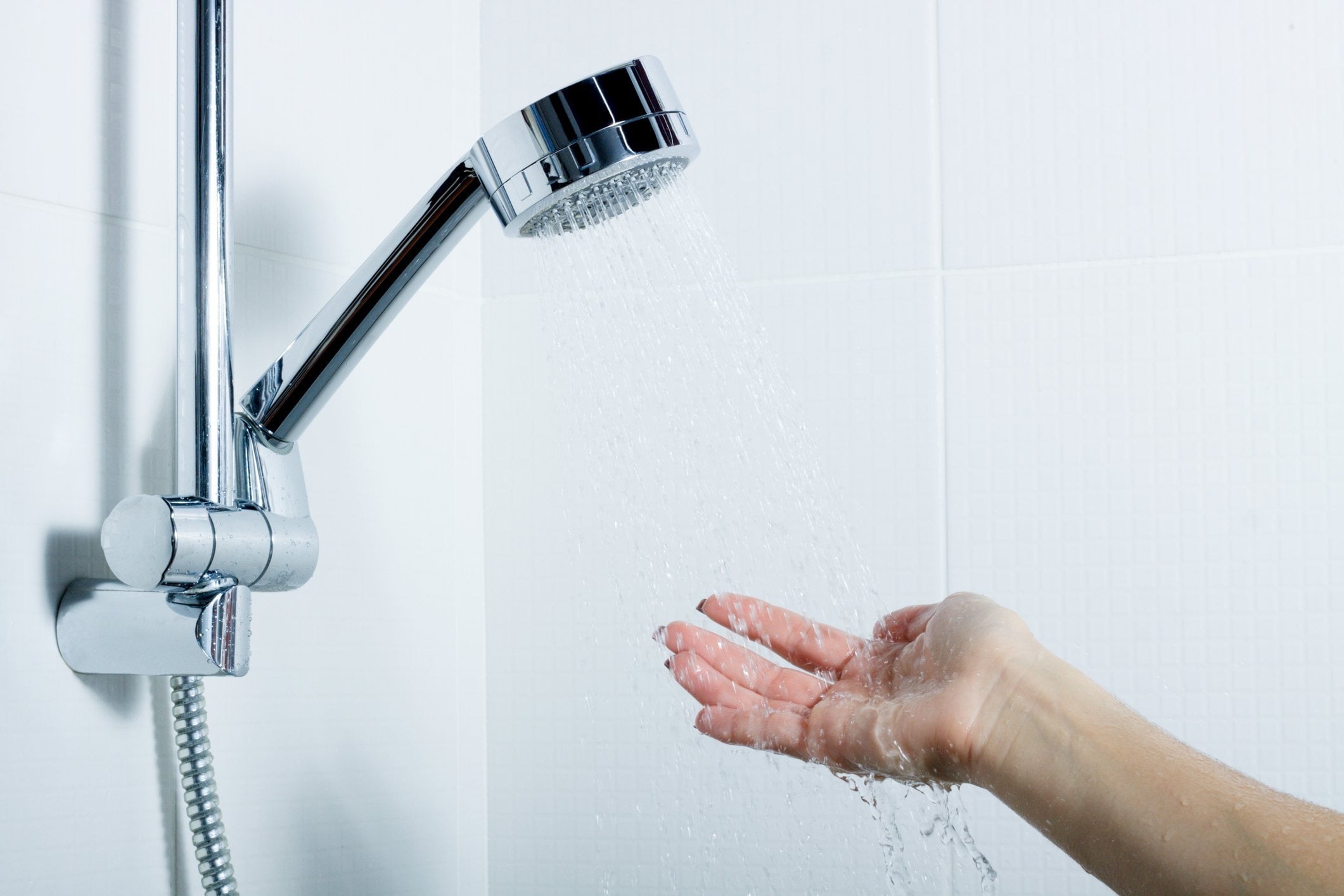
Shower filters are the answer to the nearly universal treatment of municipal water with chlorine. Though chlorine is preferable to the dysentery and cholera epidemics that would strike today's overcrowded cities, bursting at the seams with people concentrated at a level never before seen, there is no reason for you to suffer through this chemical’s effects when these effective filters are available. Your bathing experience is both more comfortable and healthier with shower filters when chlorine is removed.
Chlorine is believed to have the following effects on people:
- The chemical is easily absorbed through the skin, and since shower water flows over your whole body, large amounts can be drawn into the body in a short period of time.
- Dry skin and dry hair both result from bathing in water full of chlorine.
- Some people get allergic rashes from chlorine soaking into their skin.
- There may be a link between chlorine and breast cancer.
- Large amounts of gaseous chlorine are released by showers using chlorinated water, which is absorbed by the lungs and can cause respiratory problems over time.
Shower filters to the rescue
Shower filters are a good answer to this problem, greatly reducing the amount of chlorine that soaks into your skin and also lessening the diffuse clouds of chlorine gas that is ordinarily released from the stream. The filter cartridges are put through their paces, since showers use a large volume of water rapidly, but models made today can go anywhere from 3 to 12 months between changes of the filter.
Shower filters require special media and processes to remove chlorine, because hot water is almost always involved in bathing. Cold water is actually much easier to filter, since the filter does not need to withstand the thermal effects of heated fluid pushing through it. Shower water is hot and moves fast and in large volumes, making the engineering of such filters challenging. Many firms have risen to the challenge, however.
This type of filter can work either by absorbing the chlorine out of the water – “storing” it in the media – or else by reacting chemically or sometimes electrically with it, thus turning it into another substance that is harmless to humans. Using good shower filters give you softer, more supple and healthy skin and hair, and remove the irritating gas from your home's air, too.
Configurations of shower filters
Shower filters come in a wide range of configurations, which allow you to tailor installation to the specific setup of your bathroom. Both practical and aesthetic considerations may go into which system you
ultimately choose. The configurations that most companies offer include:
Inline shower filters that can be attached in the middle of existing systems. For example, these may be put in between a hose and a hand held shower head, or between the pipe and a wall-mounted shower head. The advantage to these filters is that they remove chlorine while letting you keep your existing shower hardware – if you have a fancy, expensive shower head whose functions you enjoy, you can keep using it after adding the filter.
Hand held shower filters are for those who prefer to have full control over the spray of water. These either include just the hand held shower head or the full assembly, inclusive of hose. The filter cartridge is housed inside the handle that you hold while using the device.
Shower filters with shower heads feature an inline filter module with a shower head mounted on it, ready to be attached to your pipe coupling. The shower head often has multiple functions, such as a normal and a massaging spray.
All-in-one shower heads are compact units that house the cartridge inside a module that doubles as the shower head itself. These shower filters often feature a luxurious number of different sprays to suit your personal preference


Share:
Why Water Filters are Good for the Environment
The Impact of Questionable Water on Children